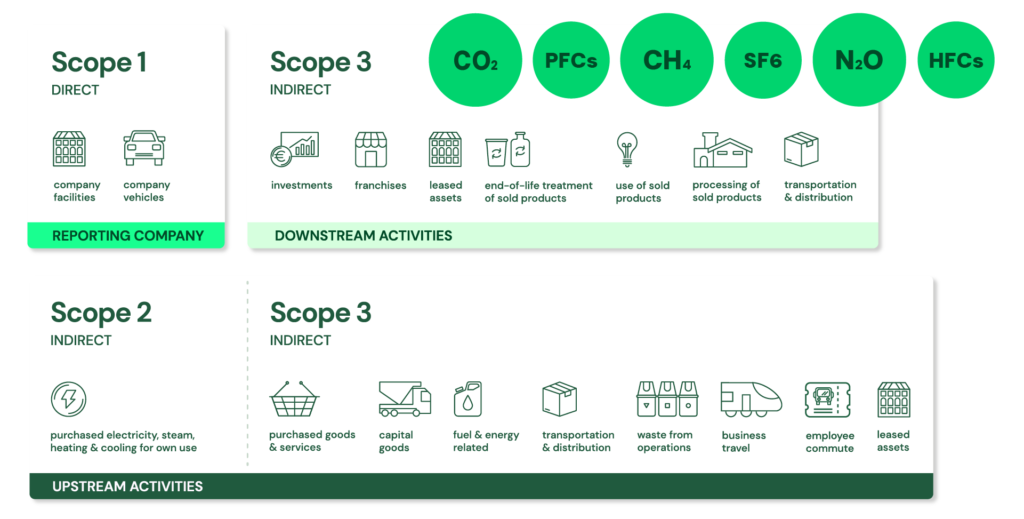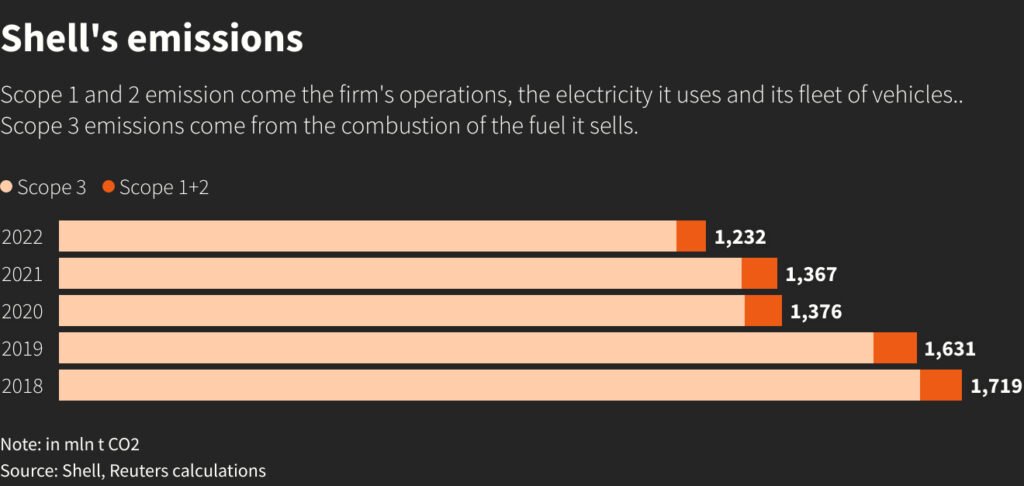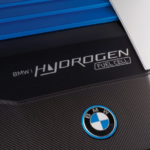Companies like Shell, who are in the oil and gas sector classify carbon emissions into Scope 1 and Scope 2 emissions, which are emissions generated during the manufacturing and distribution of their goods, and Scope 3 emissions, which are emissions produced during the use of their products.

For years, Shell has faced pressure to cut back on emissions from its operations. In fact, a Dutch court mandated that the business cut its emissions by 45% by 2030. As a result of the company’s appeal of that judgment, it is not necessary for it to act in accordance with the court’s order until the appeal (and any further appeals) have been considered and a decision has been made.
A group of institutional investors from Europe is supporting a London lawsuit against Shell’s board over alleged climate mismanagement. If and when the case ever comes to a conclusion, it might have significant ramifications for how businesses control emissions.

In a report released in response to the lawsuit, Shell stated, “We believe our directors have upheld their legal obligations and have always acted in the best interests of the company.”
The statement shows the deeply ingrained deception at the core of all fossil fuel businesses. By using fossil fuels, the Earth is becoming uninhabitable for human existence. The best interests of Shell, and any company, should include not killing its customers, now or in the future. In order to be in business, one must first have a business and business relies on having customers first and foremost.

In a press release regarding Shell’s Energy Transition Progress Report it says it is quite satisfied with how its liquefied natural gas business is lowering emissions — the net carbon intensity of the energy products sold by Shell has fallen by 3.8% compared with 2016. Using data from the International Energy Agency, the net carbon intensity of the global energy system fell by around 2% over that time.
That’s something to be proud of, apparently. At that rate, average global temperatures should be well over 125º F (51°C) and sea levels about 200 feet higher than they are today by the time Shell and its peers get their emissions to zero.
The crux of the matter is that we humans have allowed an economic system to rule us that is grossly distorted because it takes no notice of the harm done by the waste products created by companies like Shell.
Reference- Reuters, Shell website & Report, Clean Technica, IEA website, Follow This website





